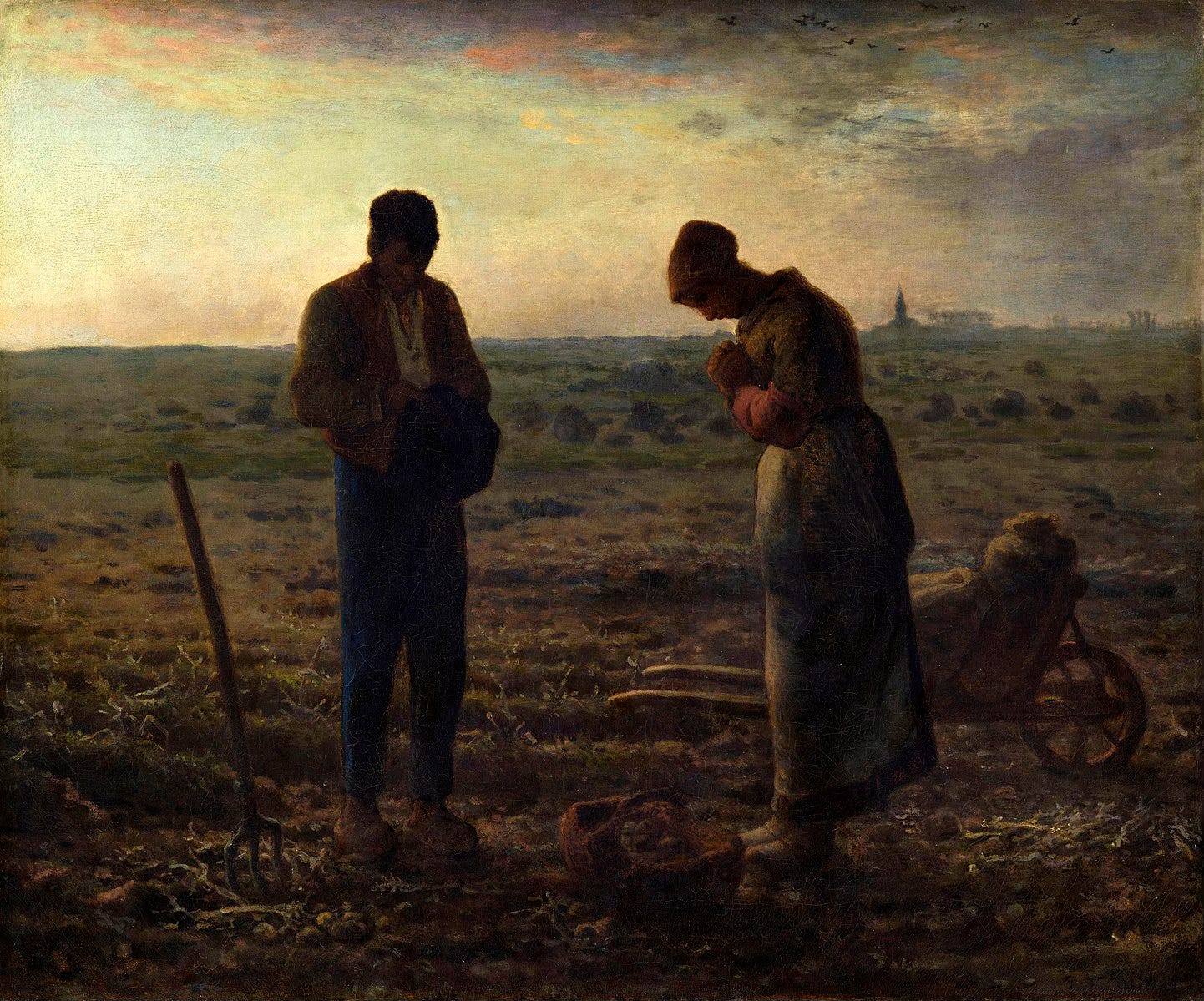Mediocrity and Mammon
Saturday, November 8th Readings Reflection: Saturday of the Thirty-first Week in Ordinary Time
In today’s Gospel, Our Lord instructs His disciples that a servant cannot serve two masters. We “cannot serve God and mammon” (Lk 16:13 DRB), He says. While the literal meaning of mammon is money, St. Augustine of Hippo takes Our Lord’s words deeper, seeing in “mammon” a reference to the devil: man cannot serve both God and the devil. St. Augustine writes: “Therefore either he will hate the one, (that is, the devil,) and love the other, (that is, God;) or will hold to the one, (that is, the devil, when he pursues as it were temporal wants,) and will despise the other, (that is, God,) as when men frequently neglect His threats for their desires, who because of His goodness flatter themselves that they will have impunity” (Catena aurea).
In other words, when we hold to the devil by pursuing our earthly, physical desires, we act contrary to God, turning away from Him and pursuing the devil instead. Similarly, when we commit the sin of presumption, taking God’s mercy for granted and assuming that we are saved, we turn away from God and choose to serve the devil. Our faith tells us that salvation is not guaranteed; we must continually respond to God’s grace, beg His forgiveness for our sins, and frequently receive the sacraments in order to grow in virtue and overcome vice.
When we presume of our salvation, the necessity for penance and virtue becomes obsolete. If we presume that God is going to save us, why must we sacrifice and mortify ourselves, rather than simply enjoying this life? As we can see, presumption is a slippery slope to a complete indifference about our spiritual lives, an indifference caused by serving the devil and mammon rather than God.
In this Month of the Holy Souls, the Church reminds us of the value of eternity. This life is only temporary; even if we live to be one hundred years old, our earthly lives will appear to be only a second in the face of eternity. Our souls—and after the Resurrection of the Dead, our glorified bodies—will live for all eternity. If we die in the state of grace, our souls and glorified bodies will experience an eternal reward; if we die in unrepentant mortal sin, our souls and bodies will experience an eternal punishment. If we die in the state of grace yet still have temporal punishment and attachment to sin on our souls, we must suffer in Purgatory until our souls are cleansed.
The fires of Purgatory are the same fires as those of Hell; the only difference is that Purgatory ends, while Hell does not. We must never presume that we will make it even to Purgatory, for such is to presume of our salvation. Rather, we must work each and every day to cooperate with God’s grace, aiming for Heaven rather than settling for Purgatory. We must never serve mammon over God, ignoring His desires for our salvation; rather, we must reject the world, the flesh, and the devil, striving ceaselessly to overcome them by God’s grace and acts of penance.
In the words of Pope St. John Paul II, “Do not be satisfied with mediocrity. The kingdom of heaven is for those who are determined to enter it…. Do not be afraid to be holy! Have the courage and humility to present yourself to the world determined to be holy, since full, true freedom is born of holiness” (Message to Youth Meeting, 7 August 1999).


